We have 48 baby goats in the barn right now with 3 more mamas due in the weeks ahead! The kids are getting the hang of our morning routine so we figured it was the perfect time ti share their joyful morning g run to the pasture! 1 minute of chaos and then a day of peace as the herd enjoys lounging in the sun and entertaining visitors! Today 80 third graders are coming to learn about the goats!
Sunflower Farm is one of a handful of No Cull commercial dairy goat farms in the country. It is common practice to “cull” or kill goats who do not serve a dairy operation to their fullest capacity. On average, a fourth of a dairy herd is culled for various reasons each year. This might include all newborn bucklings (male baby goats), older dairy goats who are no longer fertile, and any goat who does not produce the desired amount of milk. We know first hand how hard it is for dairy operations to remain solvent. Culling practices can help farms: increase their profit margin, save time, and work towards genetics in a dairy herd that emphasize high milk production. We have consciously chosen another path for our animals.
We are working hard to prove that a farm can be both profitable and humane. We kept second jobs as teachers for the first 9 years so that we could explore ways to generate income on a small farm without the pressure of having to operate in a way that would take all the joy out of what we do. At Sunflower Farm, every goat born on the farm is named and valued and we cherish our animals long after their commercial productivity while providing them the very best feed, medical attention and love.
Farming is hard daily work for all involved. Although the goats enjoy lots of time grazing in the field and enjoying the attention of visitors, they work hard too. The does at our farm take excellent care of their kids. Anyone who has been a parent knows how much work this is! They also hop onto the milk stand eagerly and give us milk so we can provide delicious cheese and other dairy products for our local neighborhood. We see it as part of our contract with our animals to do everything we can to make their life happy and healthy since they give so much to us. We also know that these dams love their kids, and so we find caring homes for any we can't keep (often long before we breed we have a full waiting list). Each kid has a distinct personality and we grow incredibly attached to all of them by the time they leave at 8 weeks. The notion of culling all the bucklings at birth as many farms do as general practice is not acceptable to us. Because they make such incredible outdoor pets, we have had no problem finding homes for all the kids.
Another point to consider is although high producing goats are satisfying in a dairy operation for sure, there are some benefits to a goat (or cow) that is a moderate producer. A growing number of Americans struggle with lactose intolerance. Perhaps this is connected to the push for higher production beyond what is natural for a breed. Butter fat content in milk is highest in animals who make less milk. Nigerians have the highest butterfat content of any goat and make an average of 2-3 cups per milking. As butter fat goes up, lactose goes down. So, the highest producers, also often have the highest percentage of lactose in their milk. Skim milk has the highest lactose content. While we work to improve the genetics of our herd with each breeding, we keep all our dairy goats and feel they all have something to offer on the milk stand.
Lastly, the idea of killing an animal that has spent its life serving our farm is incomprehensible to us. Many of our does have kids and grandkids who live on the farm. When they nap in the afternoon, they curl up in a heap by family, sometimes 3-4 generations all snuggled together. We believe even the old lady goats who can no longer be bred deserve this time with family.
While culling might be necessary in a huge dairy operation, we believe that people who buy local are looking for an alternative which is more in line with how they would treat their own animals. We are proud to be a dairy who can offer you products you can feel great about!
If you feel inspired to be part of a more humane solution, make a donation to the farm. Money will first cover the expenses of providing a live video feed so that more people around the country can feel connected meaningfully to a small farm and hopefully feel inspired to ask more questions about their food and where it comes from. Any remaining donations above and beyond the costs of the 24/7 video feed will then go towards hay, grain, housing and veterinary visits for pet wethers and goats who have been retired for whatever reason from the dairy operation.
Thanks so much for visiting the farm online and we hope we have an opportunity to meet you all in person before too long!
---
- Category
- Pets And Animals

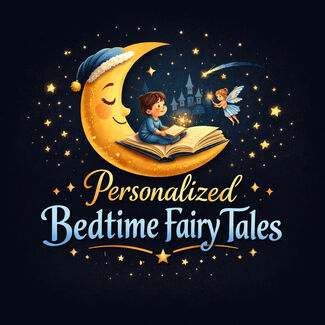
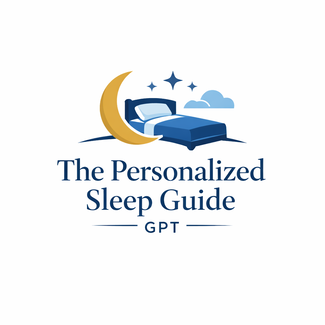
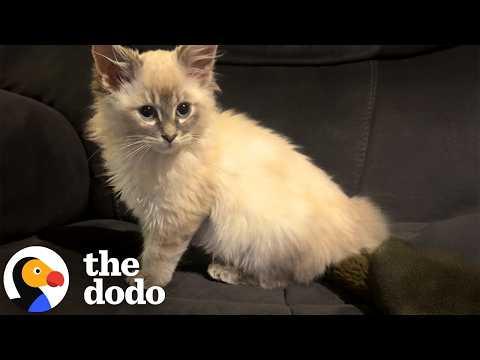
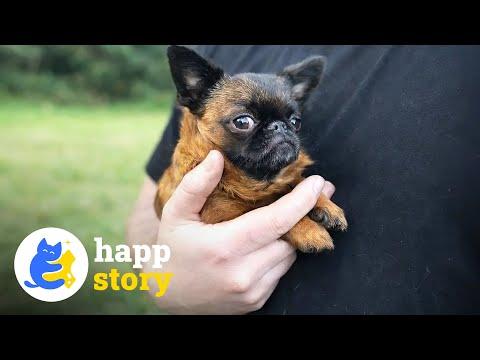
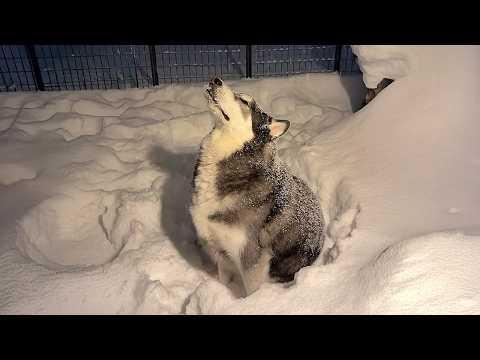

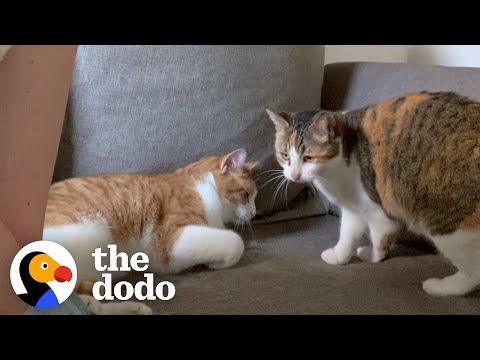

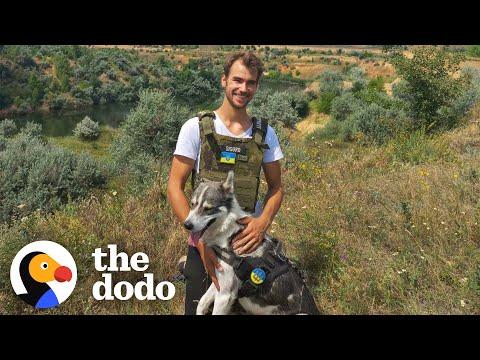


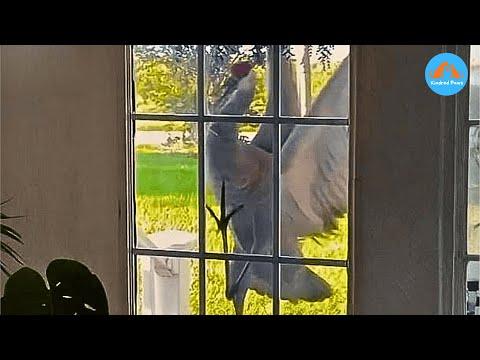

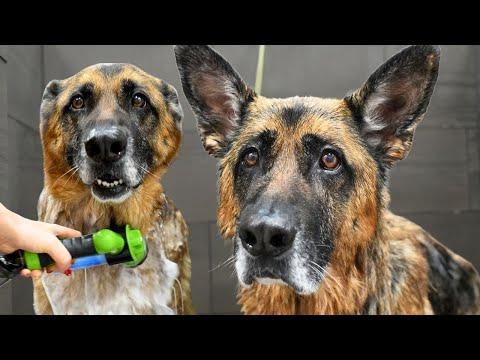
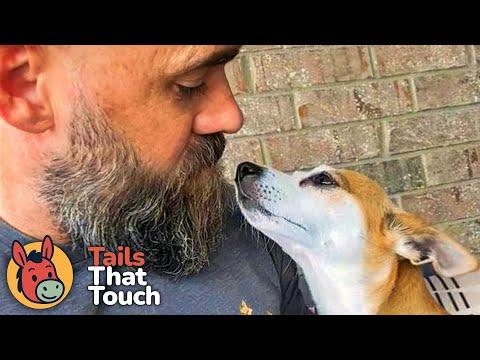
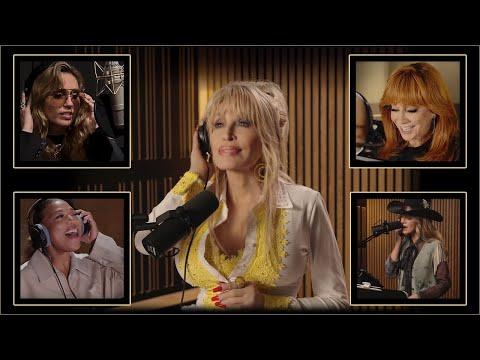
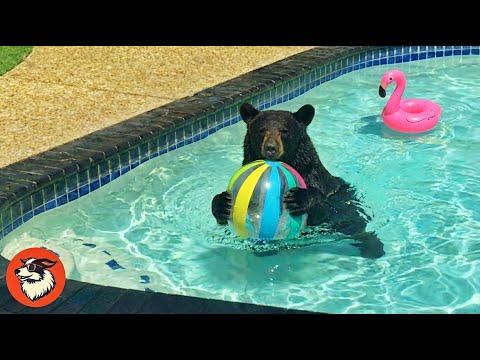

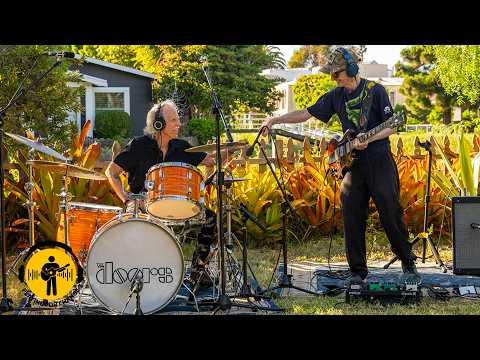
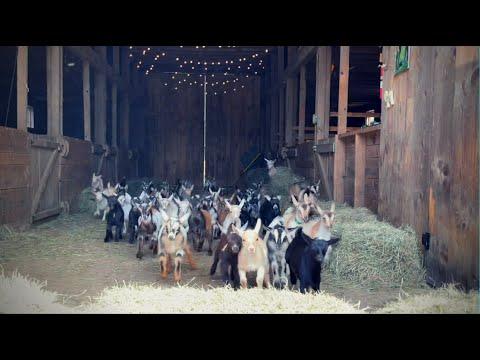
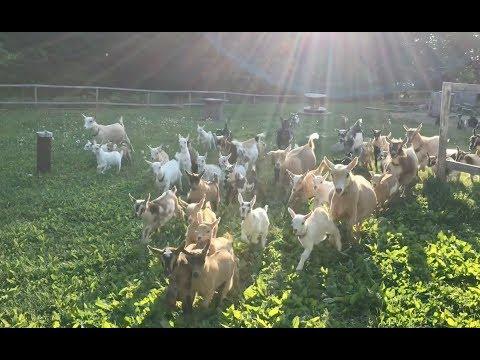
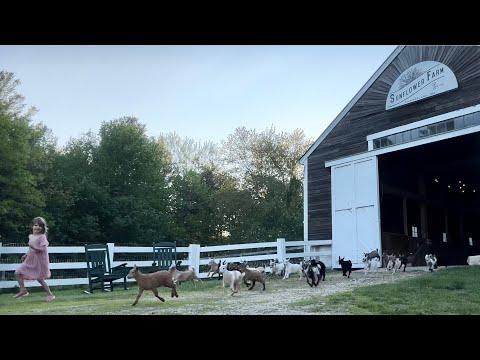
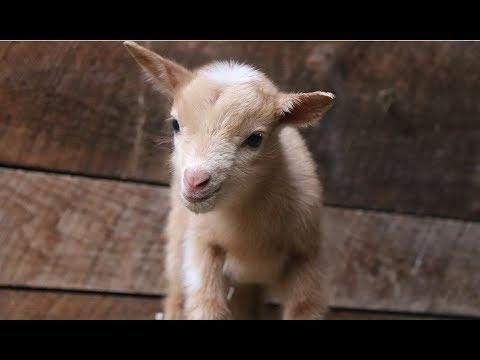
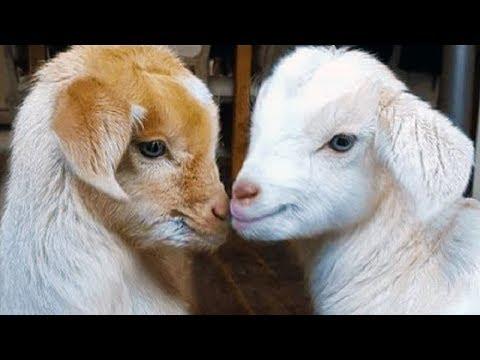
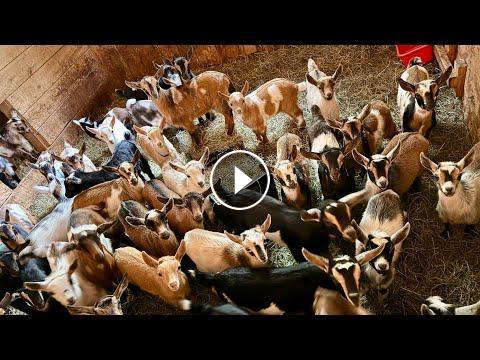
A no-kill farm. What a beautiful concept. We are ALL God's creatures. I pray they continue to make God smile. Love watching all these kids. Old and young.